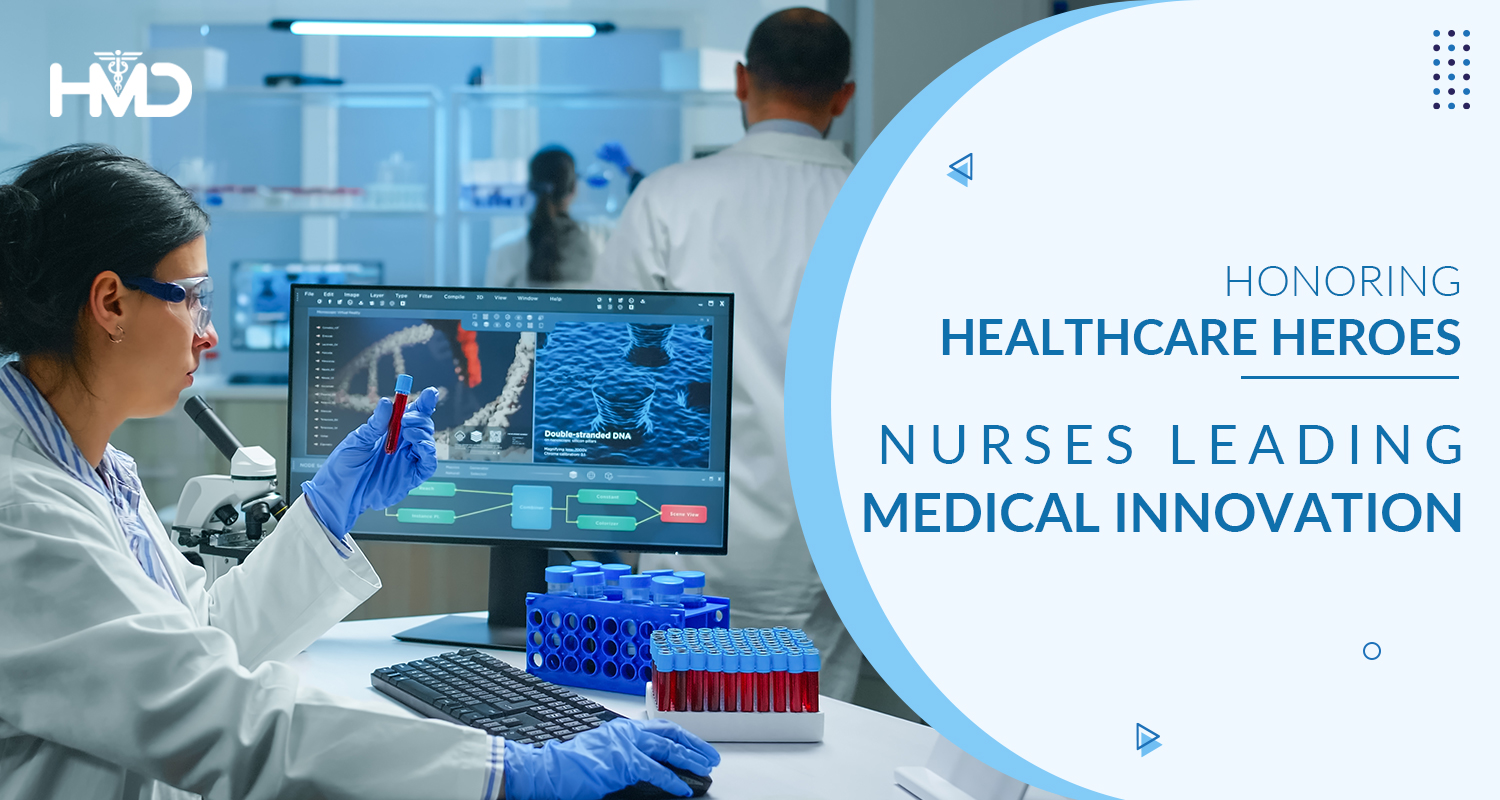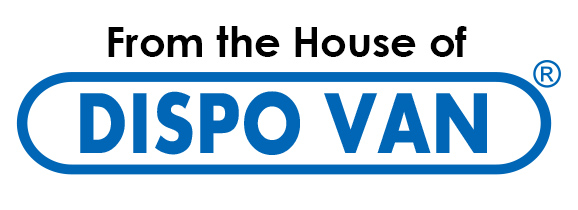

A 2020 WHO report finds that nurses form the largest occupational group in the healthcare sector, accounting for 59% of all healthcare professionals. Further, these pillars of the healthcare sector have played a crucial role in the development of healthcare innovation and delivery since the 1800s.
It was during the Crimean War that a nurse named Florence Nightingale revolutionised healthcare by informing doctors that hygiene had to be improved, as infections were killing as many soldiers as bullets. She went on to author a book on nursing and organise professional training for nurses to improve healthcare delivery.
Nurses are frontline healthcare professionals who are in a unique position to identify gaps in healthcare delivery and develop solutions to fill those gaps.
Here’s how nurses drive innovation in the medical field to help improve healthcare services:
- Identify Problems and Find Solutions: Nurses, as frontline healthcare providers, often have to find creative solutions to meet healthcare needs. Their ability to solve problems, recognise bottlenecks, and develop effective workflows helps them improve patient care and effectively support doctors.
- Embrace Technology: Nurses leverage different types of healthcare technology to improve patient care. This includes using computers to access and update patient health records and advanced devices for monitoring changes in a patient’s health. They harness the power of technology to track, optimise and improve healthcare delivery. The use of technology improves their ability to monitor patients and respond quickly to changes or emergencies.
- Collaborate to Improve Healthcare: Nurses bridge the gap between other healthcare stakeholders, such as doctors, administrators, engineers and patients, allowing them to build interdisciplinary relationships and identify ways to improve operations as a whole. This collaborative approach improves coordination and efficiency, which leads to better patient care.
- Workflow Integration: Nurses understand the intricacies of clinical workflow and how medical devices fit into them. These insights help to improve the design of the devices, thus improving efficiencies, seamless integration, and patient care.
- Empathise with Patients: Nurses’ ability to truly understand their patients helps them design patient-centric solutions that meet the sector’s evolving and dynamic needs. This empathy-driven approach ensures that care matches individual needs, hence improving overall quality.
In Conclusion
Today’s nurses have led advancements in healthcare, expanding upon the foundational work established by Florence Nightingale. They have ventured into entrepreneurship, innovation and research to improve healthcare delivery.
HMD is committed to supporting nurses in this endeavour by manufacturing world-class medical devices, those are not only preventing syringe reuse but also protecting healthcare workers from Needle Stick Injuries. With 67 years of experience, we manufacture medical instruments specially designed for precision and reliability. Our offerings include Safety Medical Devices, including Safety Syringes,Safety I.V Cannula and Safety Winged Blood Collection. TubeTo learn more about our products, visit the HMD website today!

